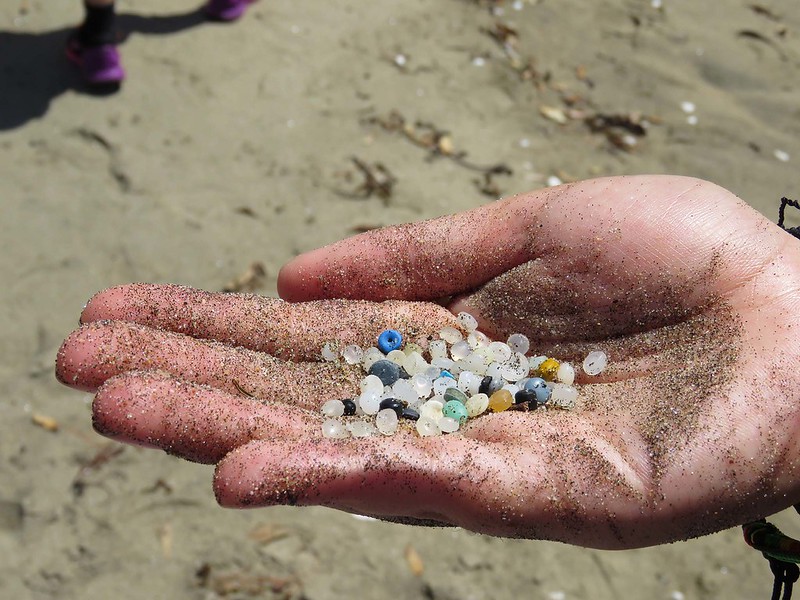by Kirsten Sorensen
Since the 1980s, Vietnamese fishermen on the Texas Gulf Coast have been at the forefront of environmental justice, battling the industrial pollution caused by Formosa Plastics. This long-standing struggle underscores the resilience and determination of a community fighting to protect their livelihoods and environment.
Vietnamese Settlement on the Gulf Coast
In the aftermath of the Vietnam War, many Vietnamese refugees resettled along the Gulf Coast, particularly in Texas and Louisiana. These communities, many of whom relied on fishing, found opportunity in the waters of the Gulf. However, their new livelihoods were soon threatened by industrial pollution from nearby petrochemical plants, including those operated by Formosa Plastics.

Photo credit: Văn Nguyễn Hoàng
Early Organizing Efforts in the 1980s and 1990s
The initial waves of pollution from Formosa Plastics’ operations in the 1980s and 1990s brought the Vietnamese fishing community into the realm of environmental activism. Fishermen began to notice declining fish populations and increasing health problems linked to water contamination. Community leaders, like Nguyen Van Nam, organized local meetings to address these issues and began forming alliances with environmental groups such as the Texas Environmental Justice Advocacy Services (TEJAS).

Clean Water Act Lawsuit
A significant turning point came with the involvement of Diane Wilson, a fourth-generation shrimper and environmental activist, who filed a lawsuit against Formosa Plastics in 2017. This lawsuit accused Formosa of violating the Clean Water Act by illegally discharging plastic pellets, called nurdles, into local waterways. Vietnamese fishermen played a crucial role in this case. They collected evidence of pollution and provided testimonies about the detrimental impacts on their fishing grounds.
In 2019, the lawsuit resulted in a landmark $50 million settlement, the largest of its kind in U.S. history. The settlement included funds for environmental cleanup and community projects. This marked a significant victory for the Vietnamese fishing community and their allies.
Continued Advocacy and Protests
The fight did not end with the lawsuit. In 2018, Formosa Plastics announced plans to build a massive new petrochemical complex in St. James Parish, Louisiana. This proposal was met with fierce opposition from local communities, including Vietnamese fishermen who feared further environmental degradation. Fishermen and organizations such as Rise St. James mobilized to protest the plant. By holding public forums and demonstrations, they raised awareness about the potential impacts.
In Texas, the Vietnamese fishing community continue to advocate for stricter regulations and better enforcement of environmental laws. The ongoing struggle of Vietnamese fishermen against Formosa Plastics highlights the intersection of environmental justice and immigrant rights. Their efforts have not only led to significant legal victories but also increased awareness of the cumulative impacts of industrial pollution on marginalized communities.
Learn More
To learn more about Vietnamese activism, and the fraught history of Vietnamese settlement on the Gulf Coast, check out The Fisherman and the Dragon by Kirk Wallace Johnson. Or watch Seadrift, a documentary by Tim Tsai.
To learn more about celebrating diversity in environmental justice work, check out our posts honoring other environmental leaders:
5 Black Texan Environmentalists and Organizations to Know in 2024
Hispanic Heritage Month and Environmental Justice Advocates
Interested in learning more about engaging diverse communities in environmental work? Register for the 2024 KTB Conference, featuring a keynote from David Buggs, Better Together: This land was made for you and me.


